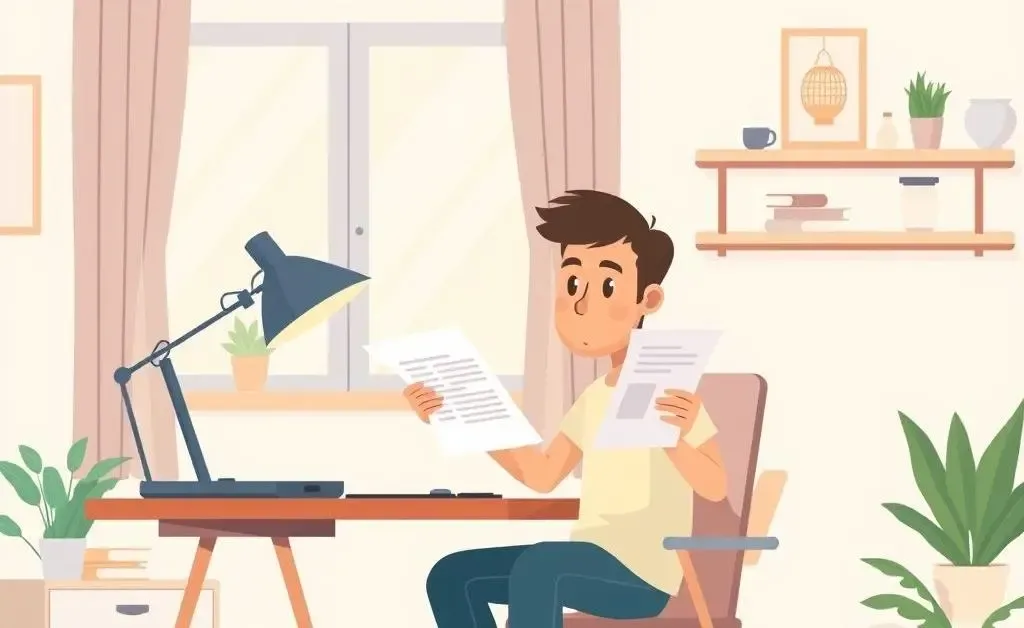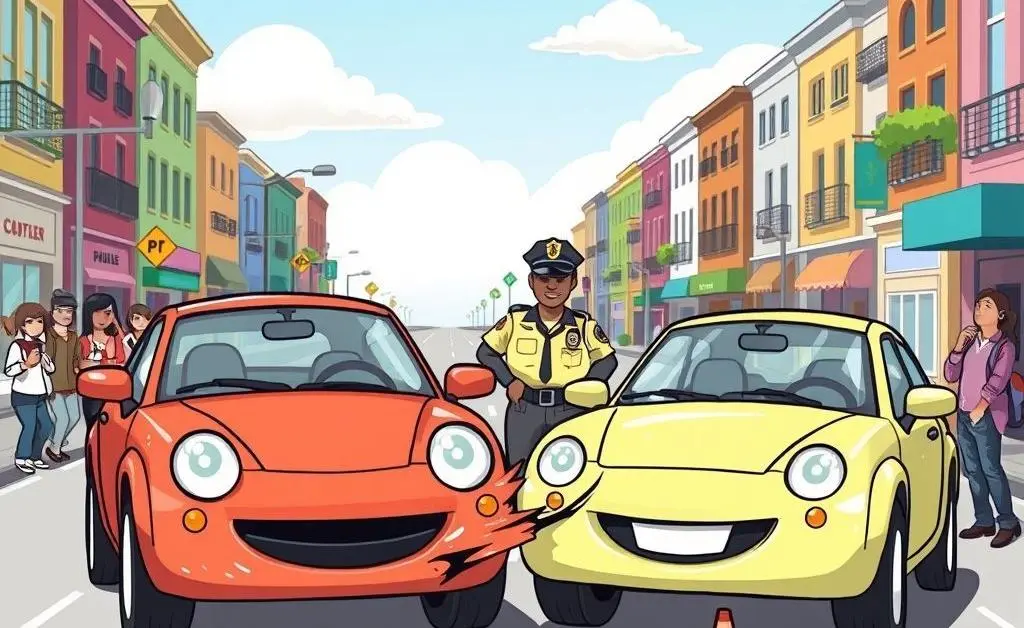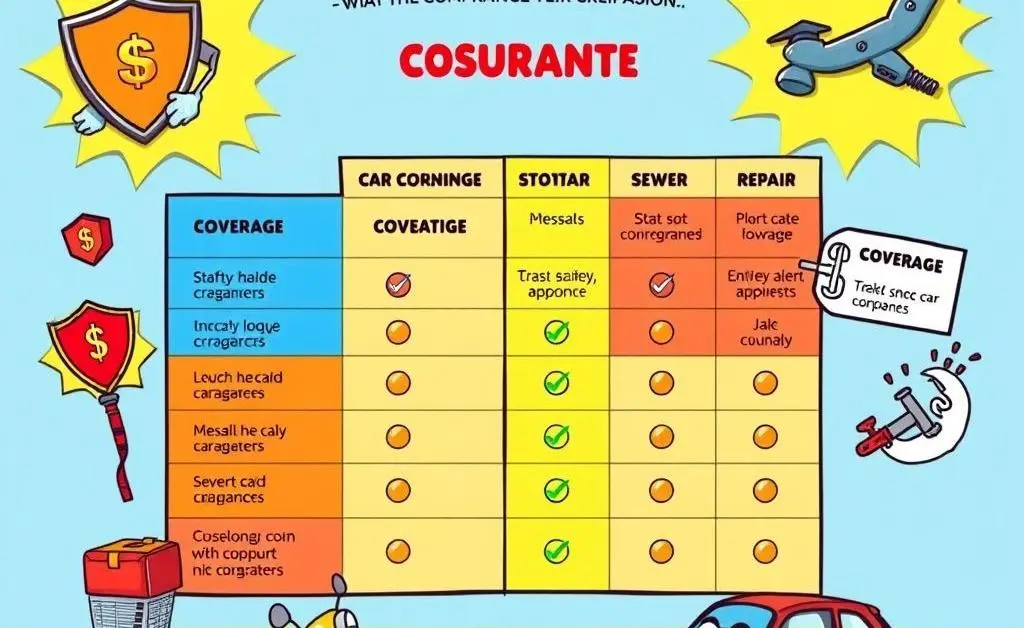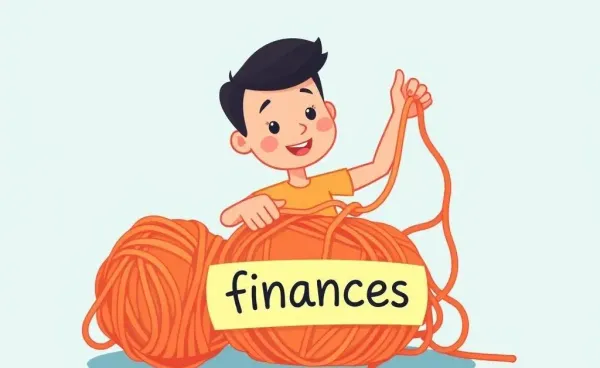Navigating Car Insurance: What to Do After an Accident
Learn how to handle car insurance after an accident with these practical tips.

Have you ever experienced that heart-sinking moment when you realize you've just been in a car accident? If so, you're not alone, and the good news is, I'm here to help you navigate one of the trickiest parts of the aftermath: dealing with car insurance.
Understanding Your Insurance Obligations
First things first, you'll need to report the accident to your insurance company. This might seem obvious, but you'd be surprised how many folks are unsure of when or how to do this. Regardless of whose fault it is, your insurer should be in the loop.

Here's a little story for context: A friend of mine, Sarah, recently backed into a parked car, and while it was a minor scrape, it was her first accident. She wasn't sure if she should tell her insurance company since the other driver seemed cool about it. But, it turns out, it's always best to report right away, as this can safeguard you from potential claims or damage discovered later.
Key Steps to Take After an Accident
- Exchange information with the other driver(s): names, phone numbers, addresses, insurance details, and vehicle registration numbers.
- Capture the scene: take photos of the damages on all vehicles and any relevant location details.
- Get witness statements if possible, as they can be crucial in resolving disputes.
- Don't admit fault, even if you think it was you. Let the insurance companies determine liability.
- Report the accident to your insurance provider promptly, as delays can complicate the claims process.

Switching Insurance After an Accident
Changing insurers post-accident isn't unheard of, but it does require some finesse. The first thing to assess is whether you're dissatisfied with your current provider. If their response to your claim was slow or unsatisfactory, it might be time to shop around.
When you apply for a new policy, honesty is key. Failing to disclose an accident can void your coverage. The new insurer isn’t automatically aware of your accident, but they'll likely find out through inspection reports or records they obtain with your consent.

Things to Consider When Switching Insurers
- Review your claim history: A recent accident might affect your premiums.
- Compare quotes: Make sure you're getting a fair rate that reflects your situation.
- Check for collision forgiveness: Some insurers offer accident forgiveness programs which can protect your rates.
- Verify coverage terms: Ensure that the new policy meets or exceeds your current coverage.
Accidents happen to the best of us, and navigating the insurance world post-incident doesn't have to be daunting. Remember, keeping your provider informed and being honest are your best tactics for maintaining peace of mind and protecting both your finances and driving record.
Have you had to deal with switching insurance providers after an accident? What was your experience like, and what advice would you give others in your shoes?




